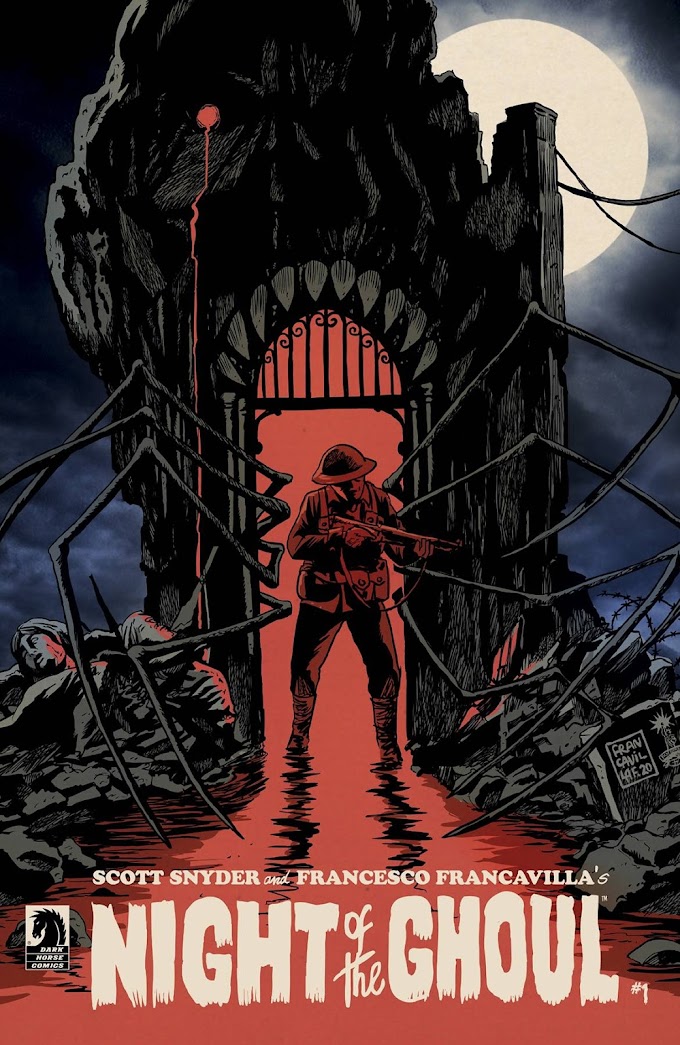NOTE: Left-wing politics ahead! If that's not your thing, go ahead and skip this post. -RobM
As time moves closer to the only zinefest I expect to attend in 2014 (but if you can only go to one, the Portland Zine Symposium is a pretty good one to pick), I'm trying to get myself ready by reading more zines again, something I fell out of a bit in the past year.
Black Feminist Activism is a clinic on what a good non-fiction zine can do, which is why I wanted to review it, even though it's from 2011 and unlikely to be something you can find on a table at a fest (though a good zine library might have it). In this case, the author or authors put together a brief introduction to activist organizations from the 1970s along with the women who brought African American feminism into the discussion. Mixing between short snippets and either hand-drawn illustrations or pictures, there's just enough information on each group/person to provide an overview without going so far into depth that the reader starts to skim.
It's zine-as-introductory-essay, and works brilliantly. The creators of this zine even provide references for their work, so that a curious reader can seek out the primary sources. This is a DIY-version of something you might find in The Nation or Mother Jones, and is actually more engaging because there's no pretentiousness or lecturing, which can be a problem among left-wing publications.
Opening by discussing an activist for black feminism in the UK who died too young (Olive Morris, who passed in 1979), the zine moves to a discussion about how black feminism is often marginalized, especially as middle and upper-middle class white women gained some of the privilege and power of the white men.* It's a lot harder to care about the black women in urban poverty when doing so might cut into your own personal profits. Though their interests overlap, such are in the areas of abortion rights or voting, there are special issues that affect women of color in a way that just don't impact on white women in the same way.
So while some kept a hand in both sides (such as Aileen Hernandez, who was NOW's second president but also founded Black Women Organized for Action), others, like a splinter group of Black Lesbian Socialist Feminists in Boston, forged their own path.
It's a fascinating hidden history--one of those things that I'd love to read a ton more about, but I'm already backed so far on my TBR list that I'm going to die before I even scratch its surface. That's why a zine like Black Feminist Activism is perfect. It increases the reader's knowledge of the subject without requiring a huge investment of time. While I knew some of this history in abstract terms, such as the problems black feminists face in getting the issues of women of color in front of a broader audience or that women in the Civil Rights movement were sometimes pushed into support roles, having names and dates and quotes to put that understanding into greater context was extremely helpful to me.
Best of all, despite being a zine that I'd categorize with radical politics, the author/authors of this one don't make the mistake that radical = looks like crap. Yes, zines are about individual expression, but if the reader can't read it, what's the damn point? Using clear, concise handwriting and word-processed pages in harmony with one another, this zine feels organic but also well-constructed. The hand-drawn pictures are excellent and do not intrude over the text at all. Some of the pictures suffer a bit from the photocopying process, but otherwise this is a crisp, easy-to-read zine.
Black Feminist Activism was a great random grab from the local library and I really hope it gets regular circulation there. It's a perfect introductory zine on an important topic, and serves as a model at what a non-fiction zine can--and should--look like. If you can find one of these, pick it up, then share it!
*Transgendered people are in a similar boat right now, as the landslide victories for gay marriage do nothing to address the discrimination still affecting those who don't fit nicely into gay/straight/male/female boxes and their issues are marginalized while the NYT gleefully photographs kissing lesbians.
Footer Copyright
Design by - Blogger Templates | Distributed by Free Blogger Templates





![Sweat and Soap [Ase to Sekken] by Kintetsu Yamada](https://blogger.googleusercontent.com/img/b/R29vZ2xl/AVvXsEgMnQltxjWqGS1_duhCp9Er1a0NbALuSFrqvjaV4_PjN_w67xCGghYt-l0qKyqTH7Ei7gbq_mxVq8aPAuOiyaArwAMLJWhpGmOYaARUBnwvjmv2-ZIe20m_zR5CvKnPdI6US_AuOnmi3gSX/w680/57525895-BA7E-4EF8-9FE4-89F9C164E1A4.jpeg)

